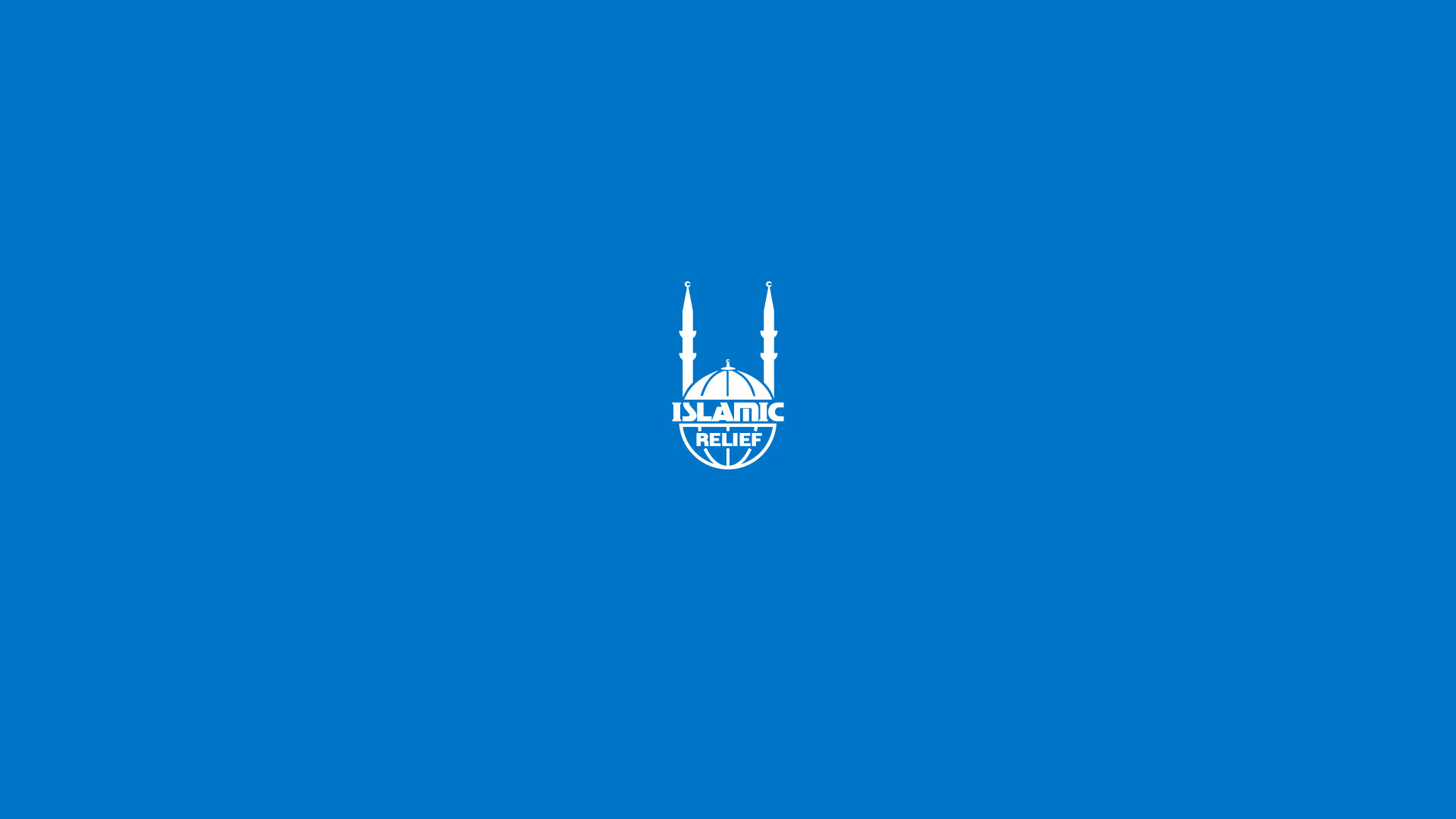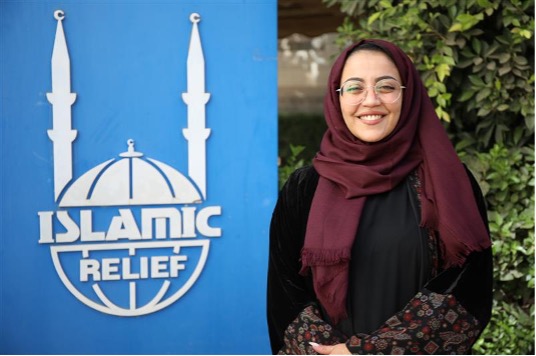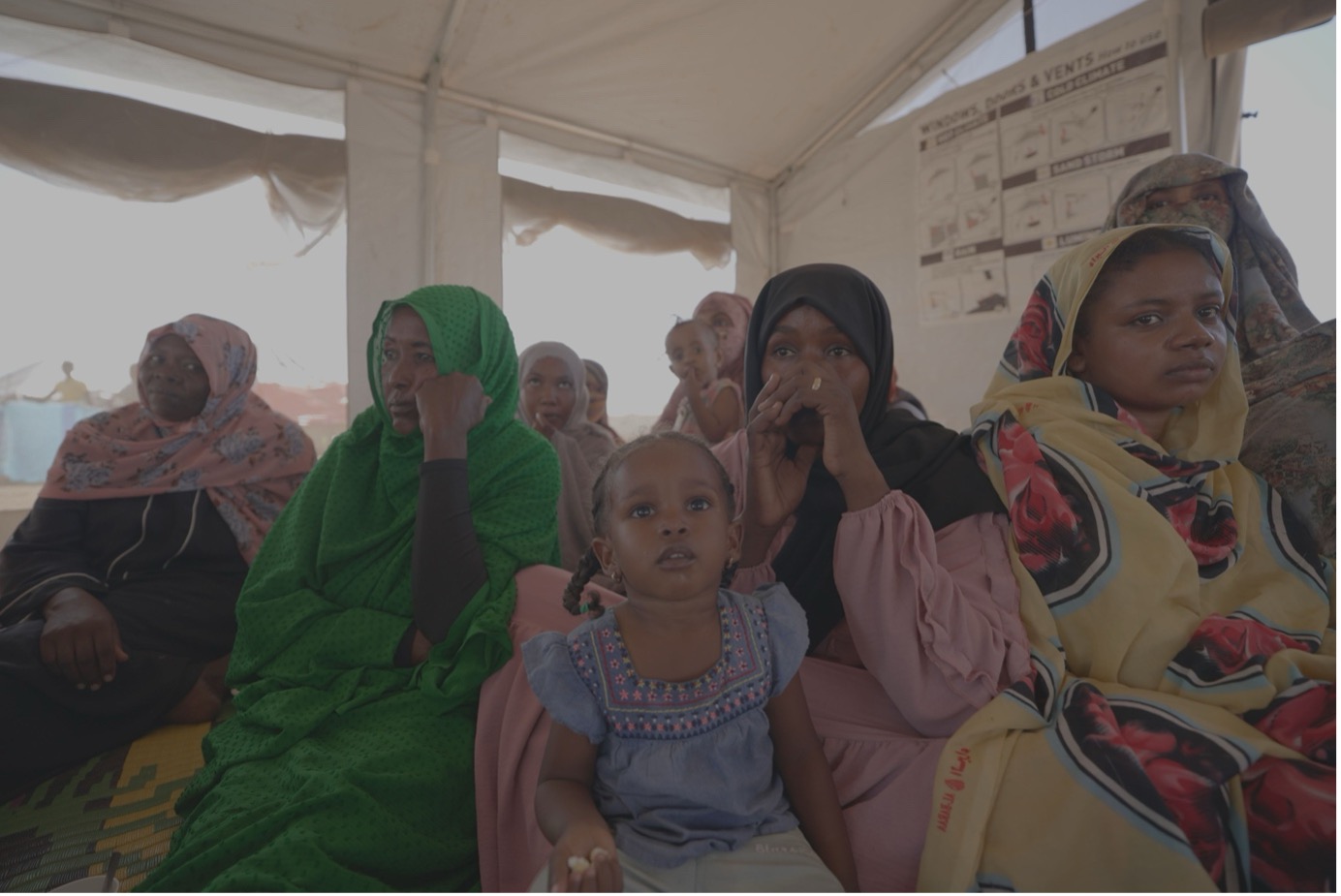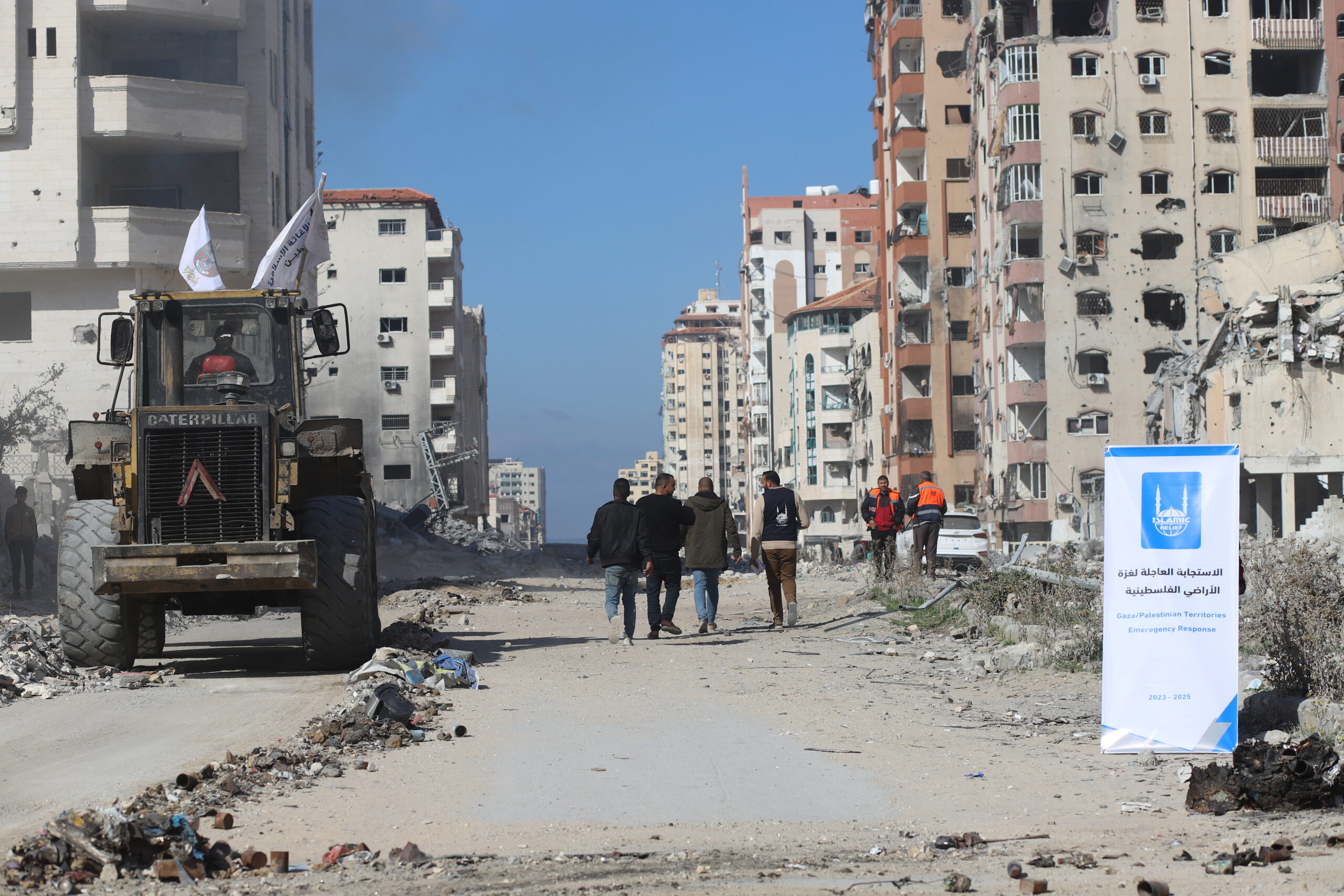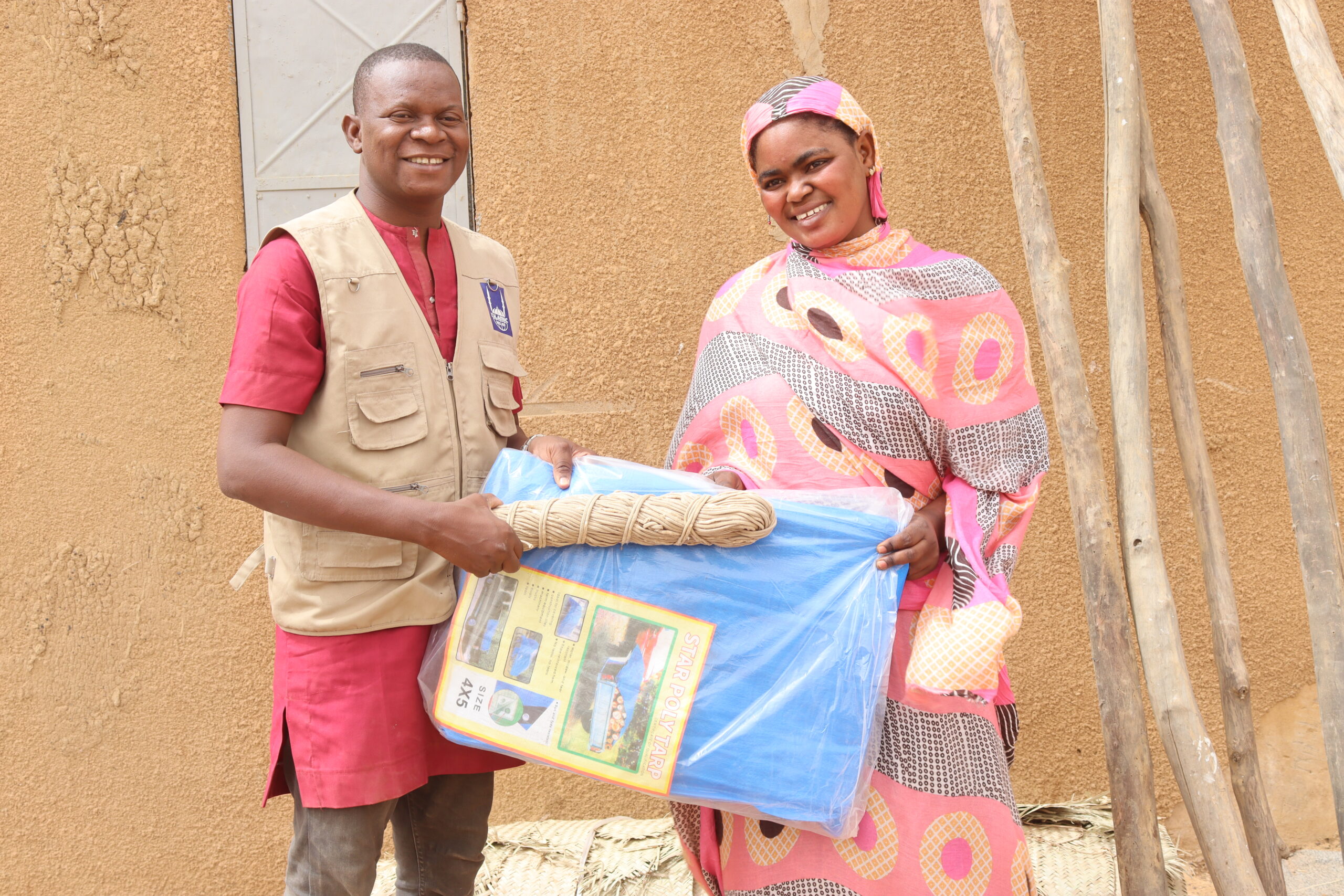
10.30.25
Sudan: Immediate international action needed to halt atrocities in El Fasher
Humanitarian and civilian protection organisations are sounding the alarm over credible reports of massacres unfolding in and around El Fasher, North Darfur, where civilians are being killed, starved, and terrorised as fighting reaches catastrophic levels. Without immediate action, tens of thousands of people could die within days from violence, hunger, and the continued denial of humanitarian access.
For months, relentless shelling and ground assaults have devastated El Fasher, with civilians trapped between frontlines. Entire neighbourhoods have been razed, homes burned, and bodies lie unburied in the streets. Eventually, on 27 October, the Rapid Support Forces (RSF) seized control of the city. Witnesses describe scenes of horror – people killed as they flee, the wounded left to die, and children crying beside the corpses of their parents.
“Over the last 72 hours, we have received multiple credible reports of attacks on civilians in their homes and public places, in hospitals and on roadsides in their attempt to flee to Tawila and other places. These attacks – on civilians, medical staff and other providers of life-saving support, and civilian infrastructure – must stop with immediate effect,” said Peter Burgess, Head of the InterAgency Working Group.
Death Along the Roads to Safety
Civilians attempting to flee toward Tawila and nearby villages are facing systematic extortion, abductions, sexual violence and executions at checkpoints. IDPs in Tawila reported bodies every ten metres along the route between El Fasher and Tawila; many of those arriving in Tawila are elderly, injured, or severely malnourished, and some die on arrival.
More than 400,000 displaced people were already sheltering in Tawila before the fall of El Fasher.
Now, those who do manage to leave El Fasher and reach Tawila find limited food, medicine, or shelter. Children are arriving alone, separated from their families, some suffering from shock and visible starvation. Host communities are overwhelmed, and humanitarian agencies barely have the ability to meet half of the current population’s most basic needs.
Collapse of Humanitarian Access
Humanitarian access to El Fasher has collapsed entirely, and the safety of those civilians still trapped in the city is a major concern. Local aid workers are operating under fire, with communications cut and convoys blocked by siege tactics. Families are dying from hunger and dehydration inside the city, unable to flee, while aid agencies are unable to reach them. The situation constitutes a complete humanitarian blackout in violation of international humanitarian law.
A Call for Urgent and Decisive Action
Humanitarian and protection organisations call on governments, regional bodies, and the United Nations Security Council to act now to prevent further atrocities:
- Demand an immediate cessation of attacks on civilians, arbitrary detentions, enforced disappearances and summary executions.
- Insist on the safe and reliable evacuation of civilians and unhindered access for those providing life-saving humanitarian assistance.
- Ensure the protection of civilians, humanitarian and medical workers and civilian infrastructure, including hospitals and water/energy utilities, which are all protected under International Humanitarian Law
- Deploy urgent humanitarian assistance and evacuation operations along displacement routes to reach those stranded between El Fasher and Tawila, providing food, water, medical care, and protection.
- Support local responders and community-based protection networks who continue to risk their lives to save others.
- Condemn, in the strongest possible terms, the deliberate targeting of civilians, including extrajudicial killings, ethnic-based detentions, and sexual violence, and ensure accountability for these crimes.
- Use all diplomatic and economic leverage on external actors fuelling the conflict to halt arms transfers and financial support to warring parties.
The Inter-Agency Working Group is a consortium of NGOs with regional presence and programs across Eastern and Central Africa. They working to strengthen humanitarian and sustainable development outcomes across the region, through enhanced coordination, advocacy, technical expertise and active challenging of the broader aid community.

